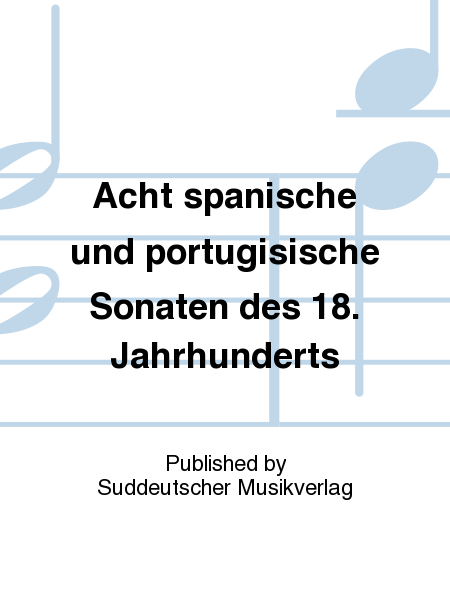Antônio Carlos Gomes (1836 - 1896)
 Brésil
Brésil
 Brésil
BrésilAntônio Carlos Gomes (July 11, 1836 - September 16, 1896) is one of the most distinguished nineteenth century classical composers, being the first New World composer whose work was accepted by Europe.
He was born in the village of São Carlos, which is now the city of Campinas, Brazil, son of Maestro Manuel José Gomes and Fabiana Maria Jaguari Cardoso.
His childhood's musical tendencies were soon stimulated by his father and by his older brother José Pedro de Sant'Ana Gomes, also a Cond ... (Read all)
Source : Wikipedia
He was born in the village of São Carlos, which is now the city of Campinas, Brazil, son of Maestro Manuel José Gomes and Fabiana Maria Jaguari Cardoso.
His childhood's musical tendencies were soon stimulated by his father and by his older brother José Pedro de Sant'Ana Gomes, also a Cond ... (Read all)
Source : Wikipedia
FREE SHEET MUSIC
- From�
Active criterias:
Search
| |||||











 SHEET MUSIC
SHEET MUSIC